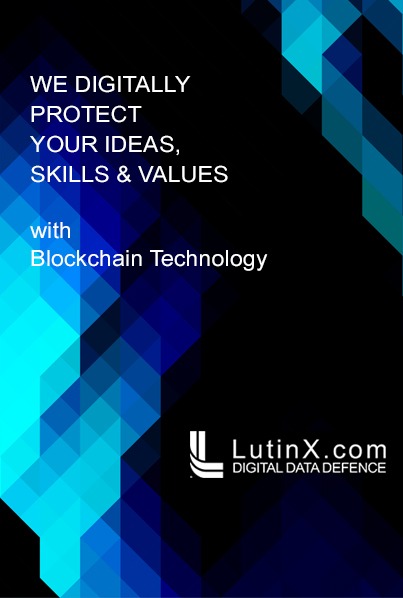The Swiss gambling regulator Gespa has opened an official investigation into FIFA’s NFT “Right-to-Buy” (RTB) tokens, a digital product created ahead of the 2026 FIFA World Cup. The inquiry aims to determine whether these blockchain-based assets fall under the category of gambling activities, which are strictly regulated in Switzerland.
The RTB tokens, available on FIFA’s official NFT marketplace, grant fans a conditional right to purchase World Cup tickets if their national team qualifies for the next round. These tokens do not represent actual tickets but act as digital guarantees granting access to a “purchase window” at face value. According to Manuel Richard, director of Gespa, the investigation is currently in the fact-finding stage, and no formal complaints have been filed yet.
FIFA has been experimenting with NFT technology since 2022, when it launched FIFA Collect on the Algorand blockchain. The current RTB program operates through Modex, FIFA’s official Web3 partner, which manages all NFT transactions. Late in 2023, before the Club World Cup in Saudi Arabia, FIFA and Modex released 1,000 NFTs, of which 100 included the chance to win tickets for the 2026 final. The remaining 900 NFTs were collectible digital assets minted on Polygon, one of the most energy-efficient blockchain networks. Prices for the new series of RTB tokens range between $299 and $999, depending on each team’s probability of reaching the finals, and most have already been sold.
Despite the decline in global NFT hype following the 2021–2022 boom, FIFA continues to expand its presence in blockchain and digital assets. Beyond ticketing, its Web3 ecosystem now includes collectible tokens, digital access rights, and gaming products designed to increase fan engagement.
In May 2025, FIFA completed its migration to the Avalanche blockchain, launching its own Layer-1 infrastructure and a dedicated Avalanche Subnet to handle peak global traffic during major events. According to Francesco Abbate, CEO of Modex, the AvaCloud platform — compatible with EVM (Ethereum Virtual Machine) — allows seamless integration with popular crypto wallets like MetaMask and simplifies interaction with decentralized applications (dApps).
With more than 5 billion fans worldwide, FIFA sees its Web3 ecosystem as a revolutionary step toward new revenue models and digital fan engagement. By building its own blockchain infrastructure, the organization aims to create transparent, secure, and scalable ticketing and fan experiences in the digital era. However, the ongoing Swiss regulatory review could determine whether these innovations remain legally compliant within the country’s gambling framework.
Conclusion: The Gespa investigation highlights the growing tension between blockchain innovation and regulatory oversight. As FIFA pioneers digital ticketing and fan experiences, its success will depend on striking the right balance between technological freedom and legal responsibility. Whether the Swiss regulator deems these NFT models legitimate or not will shape the future of sports-related digital assets in Europe and beyond.






